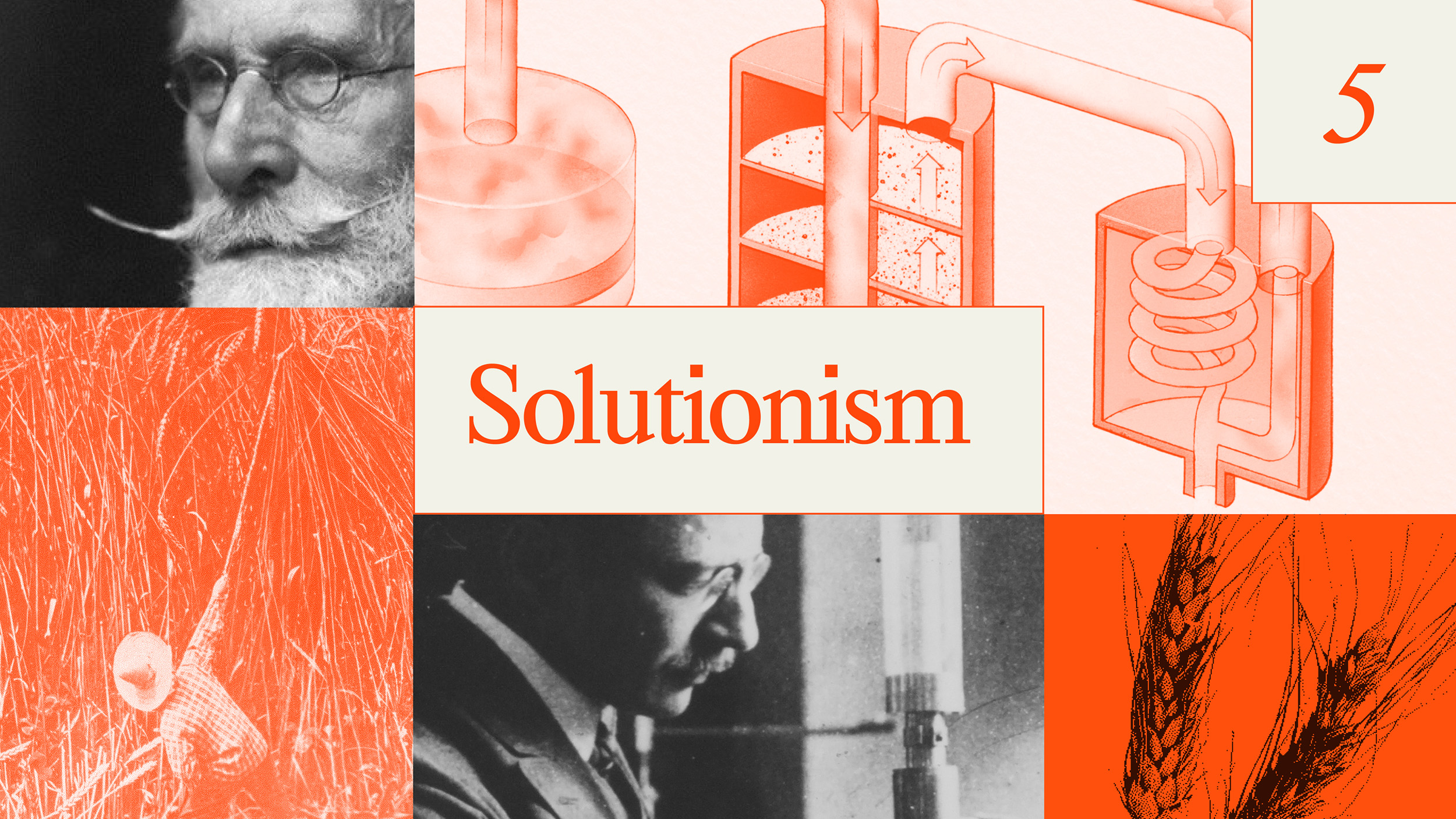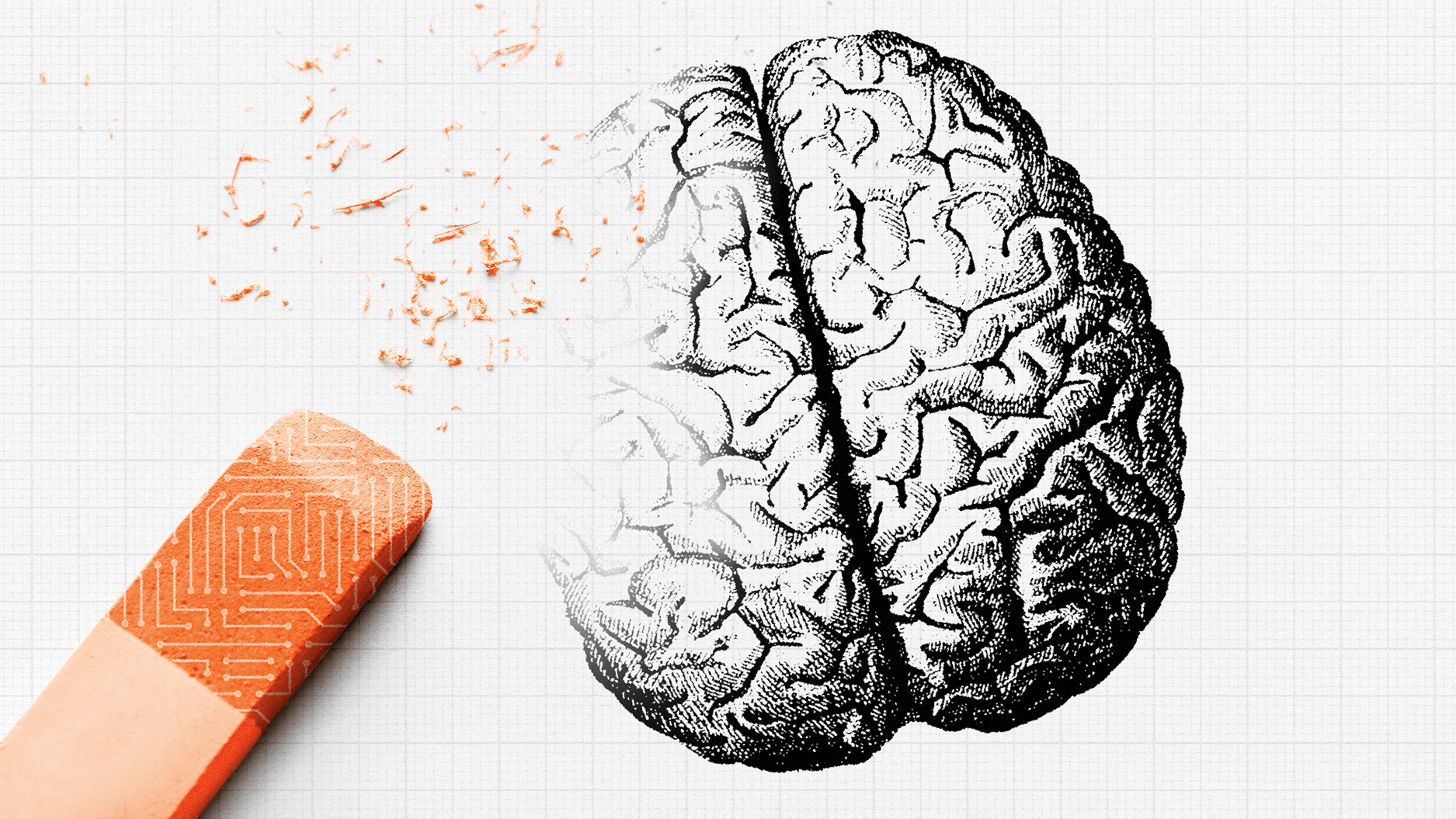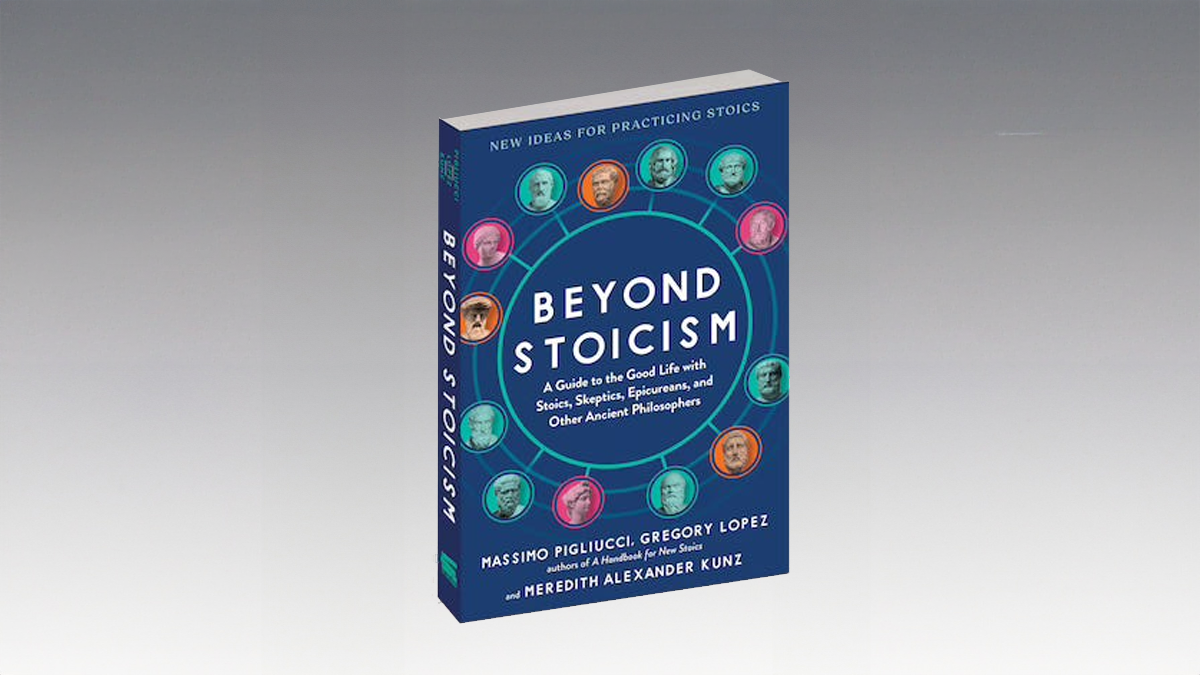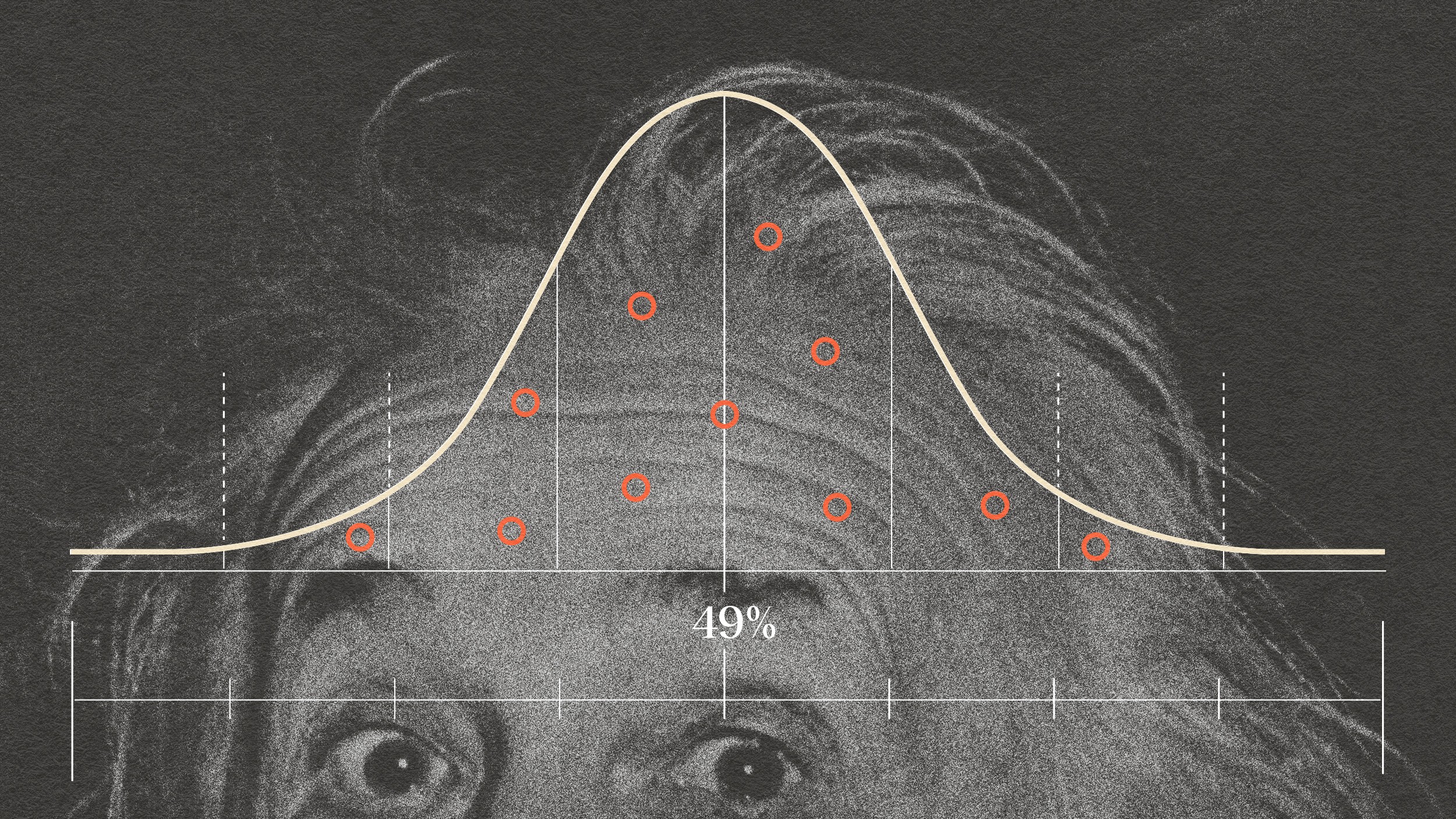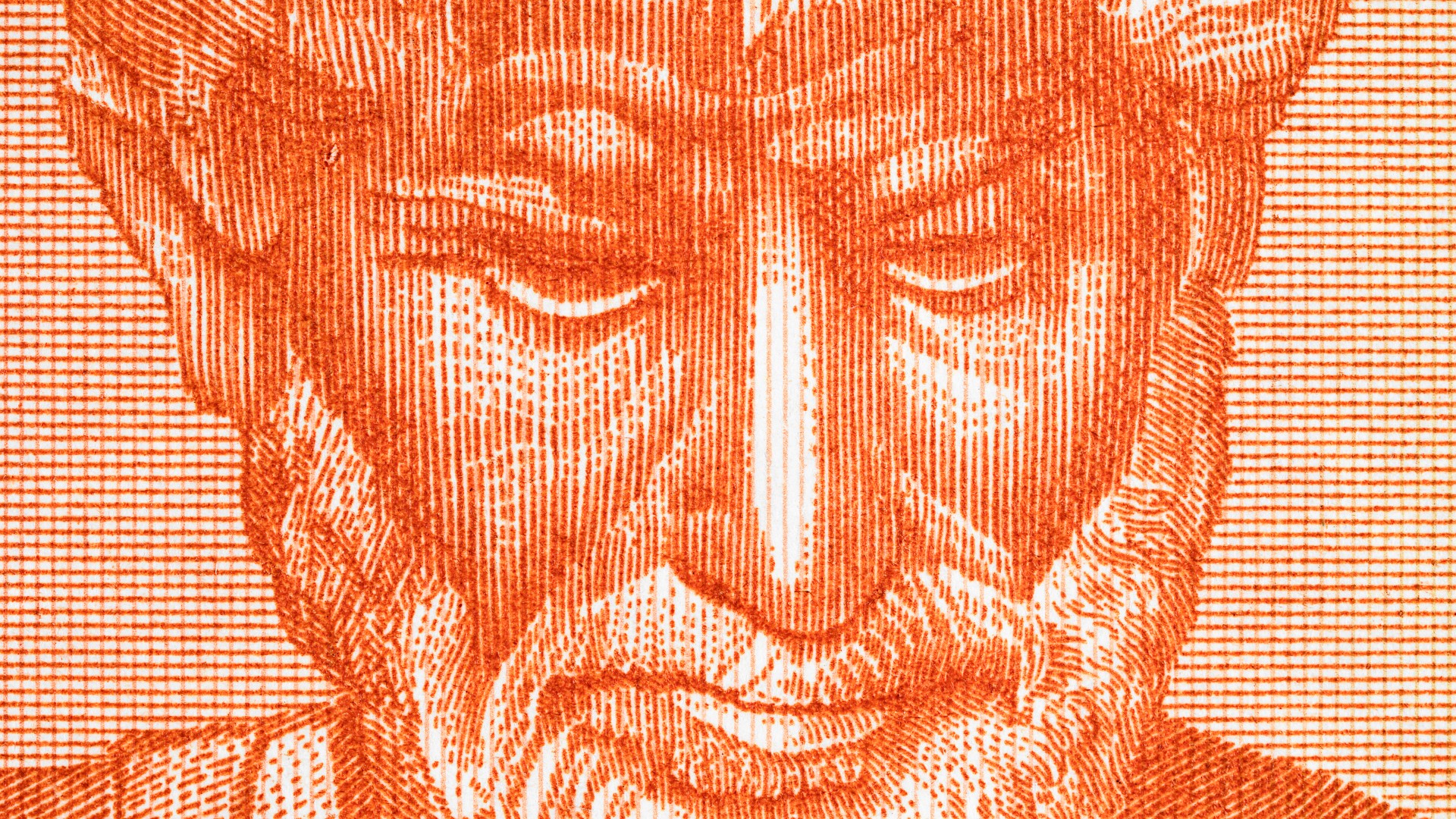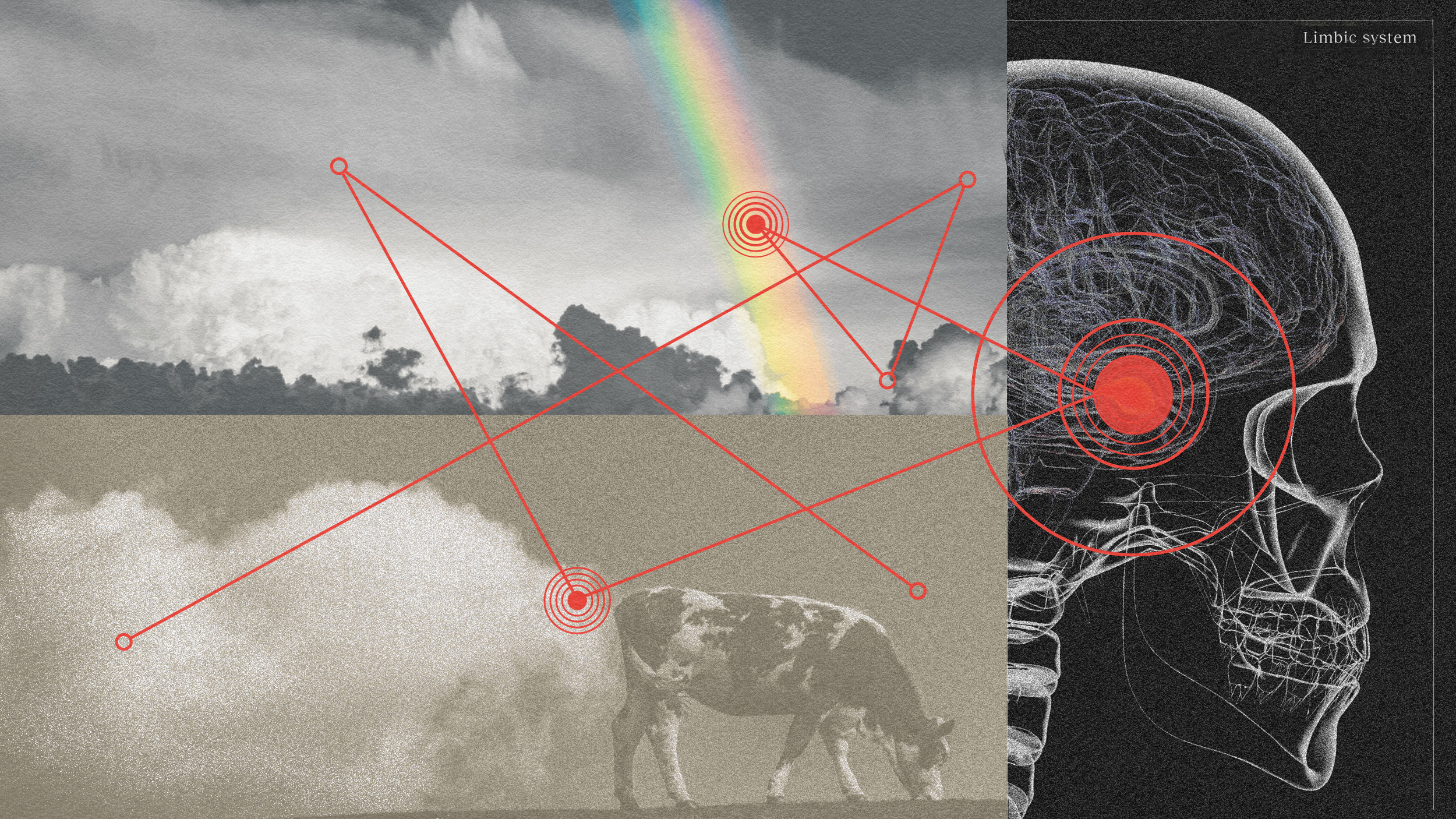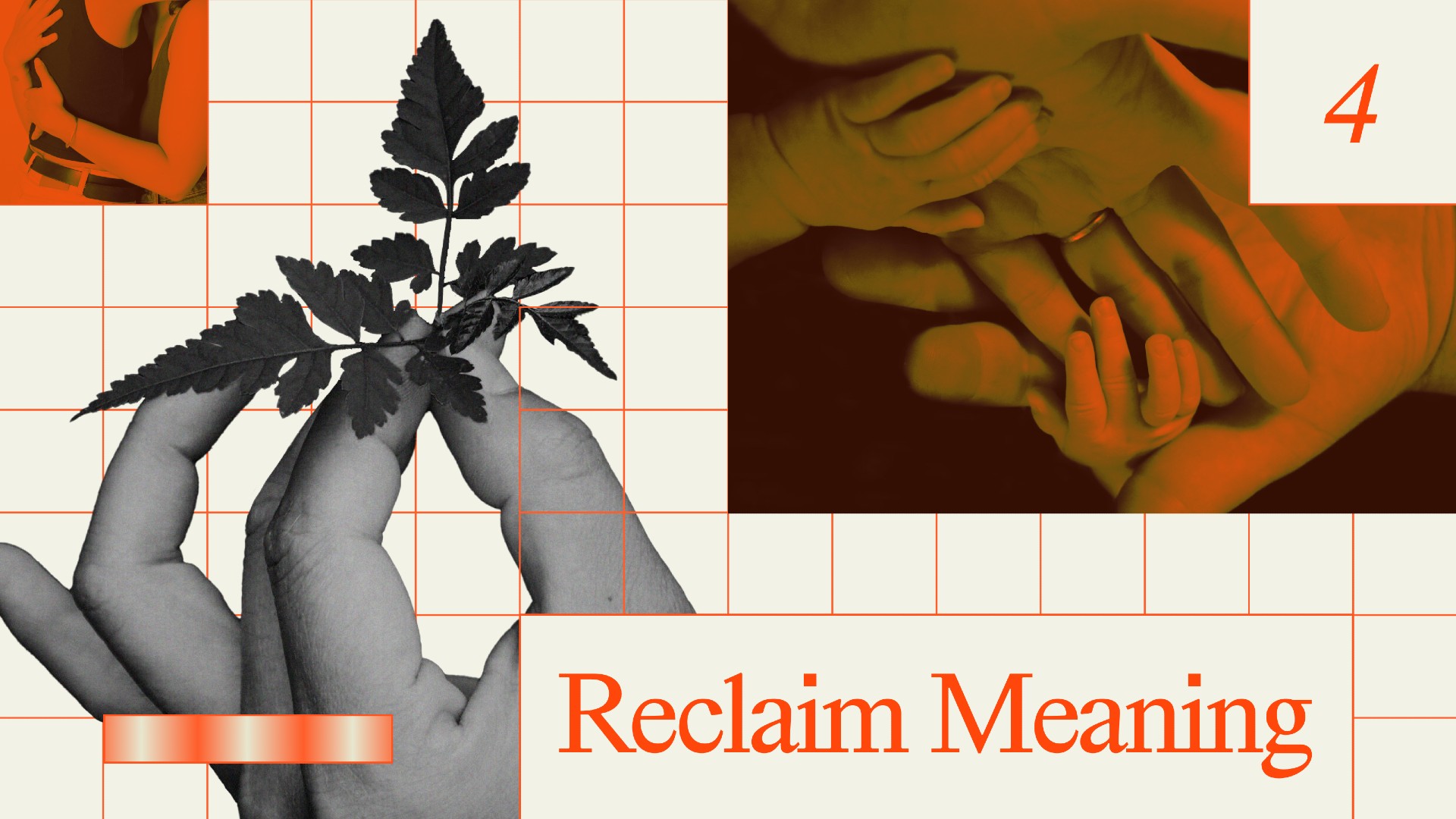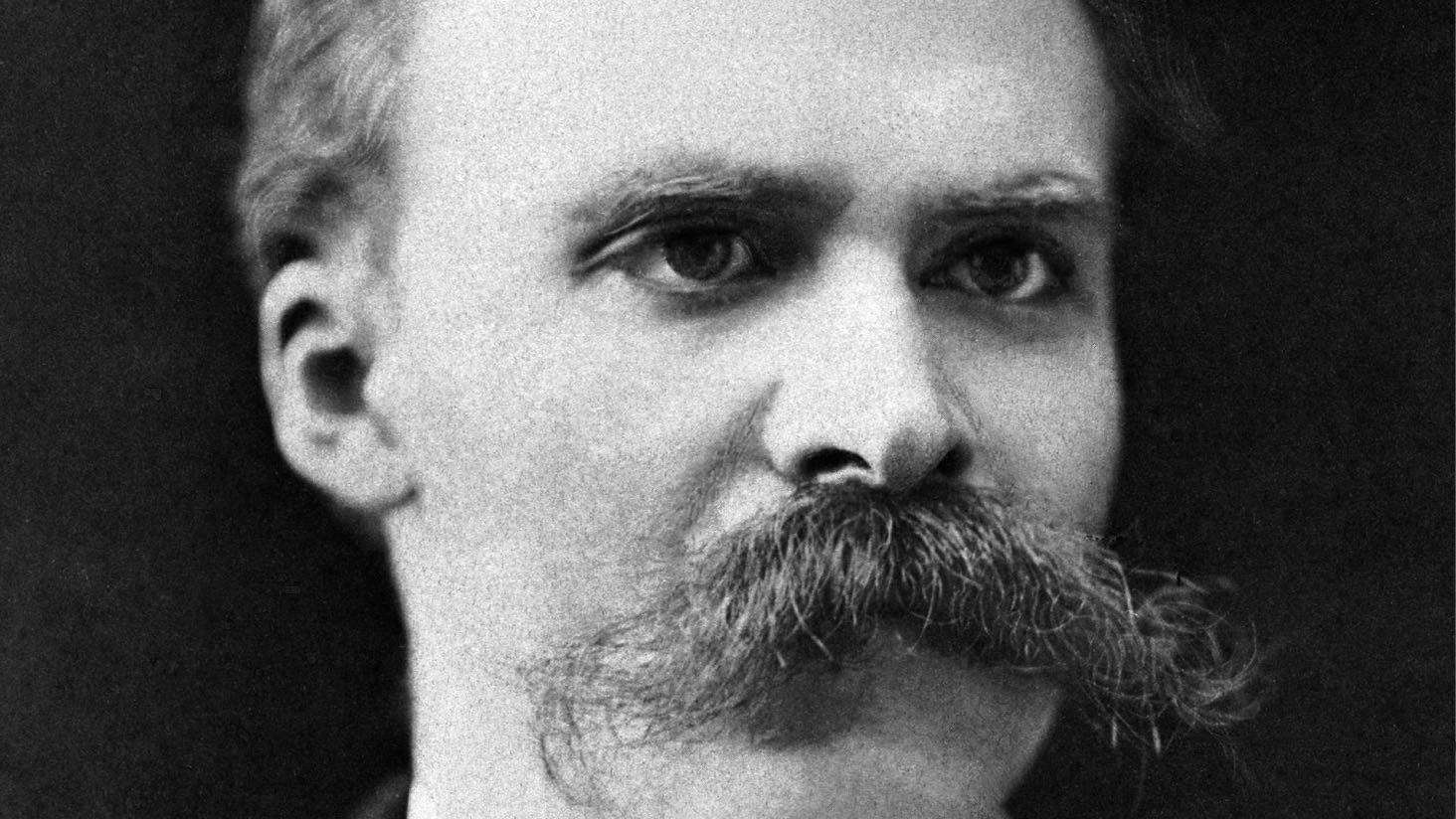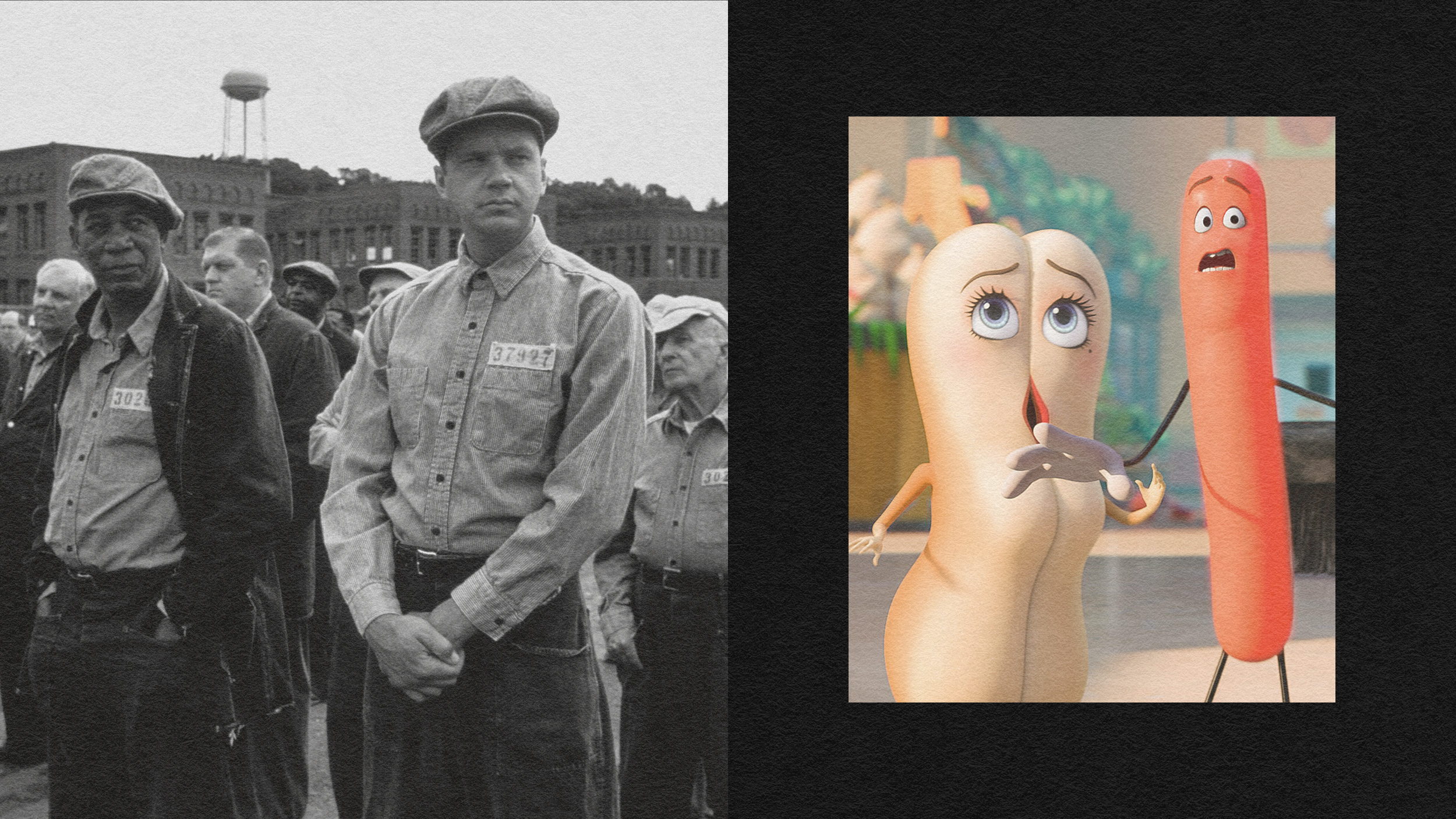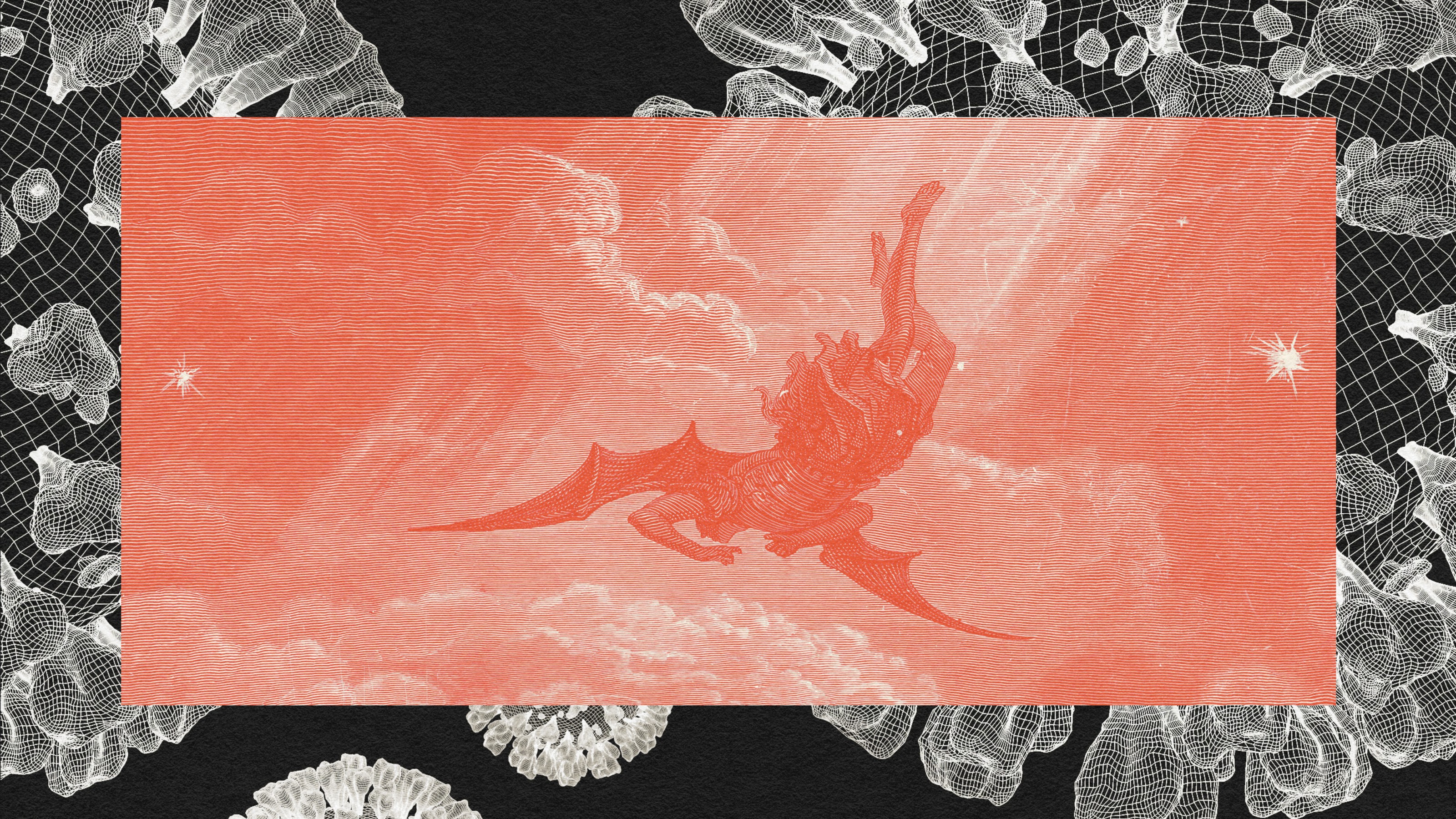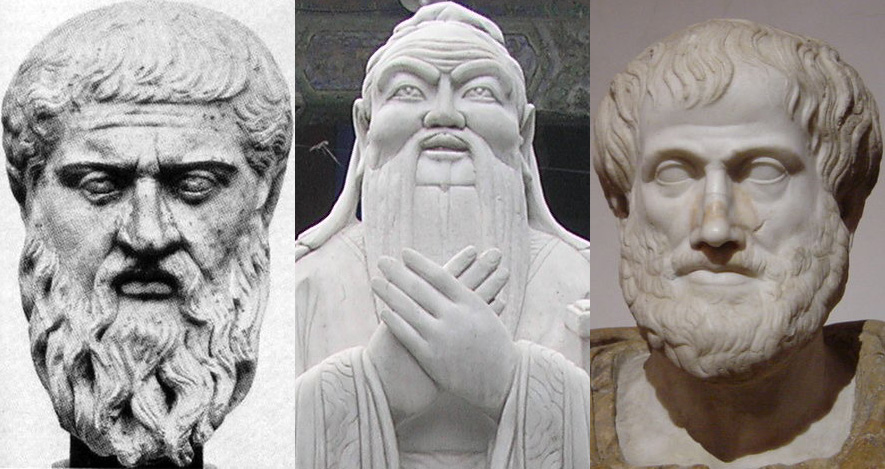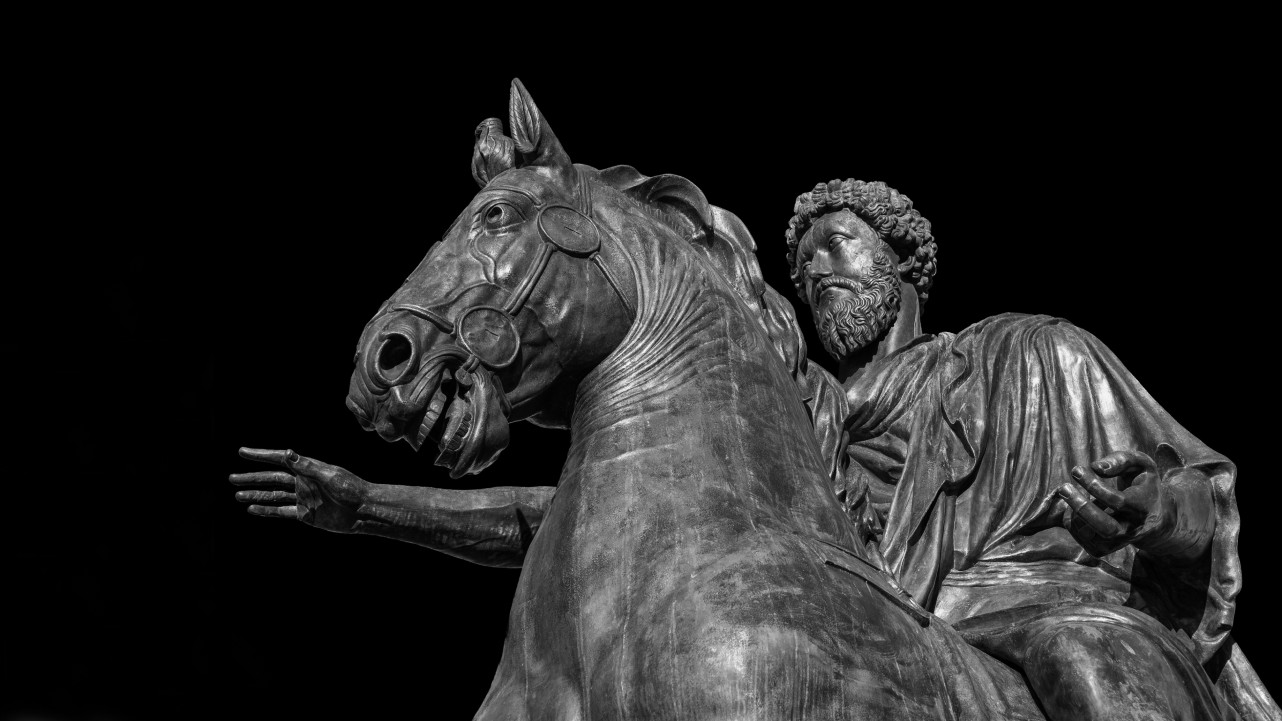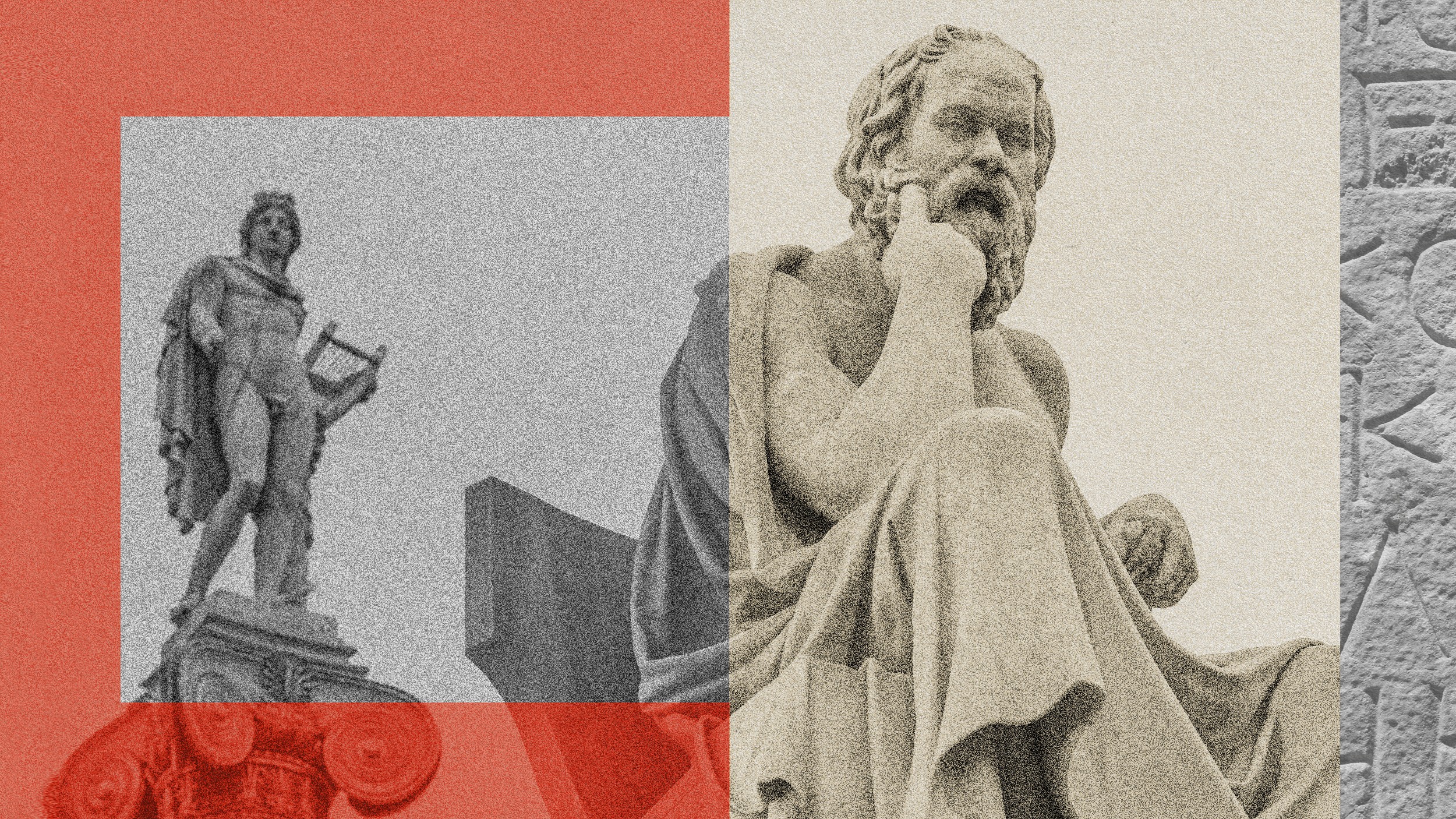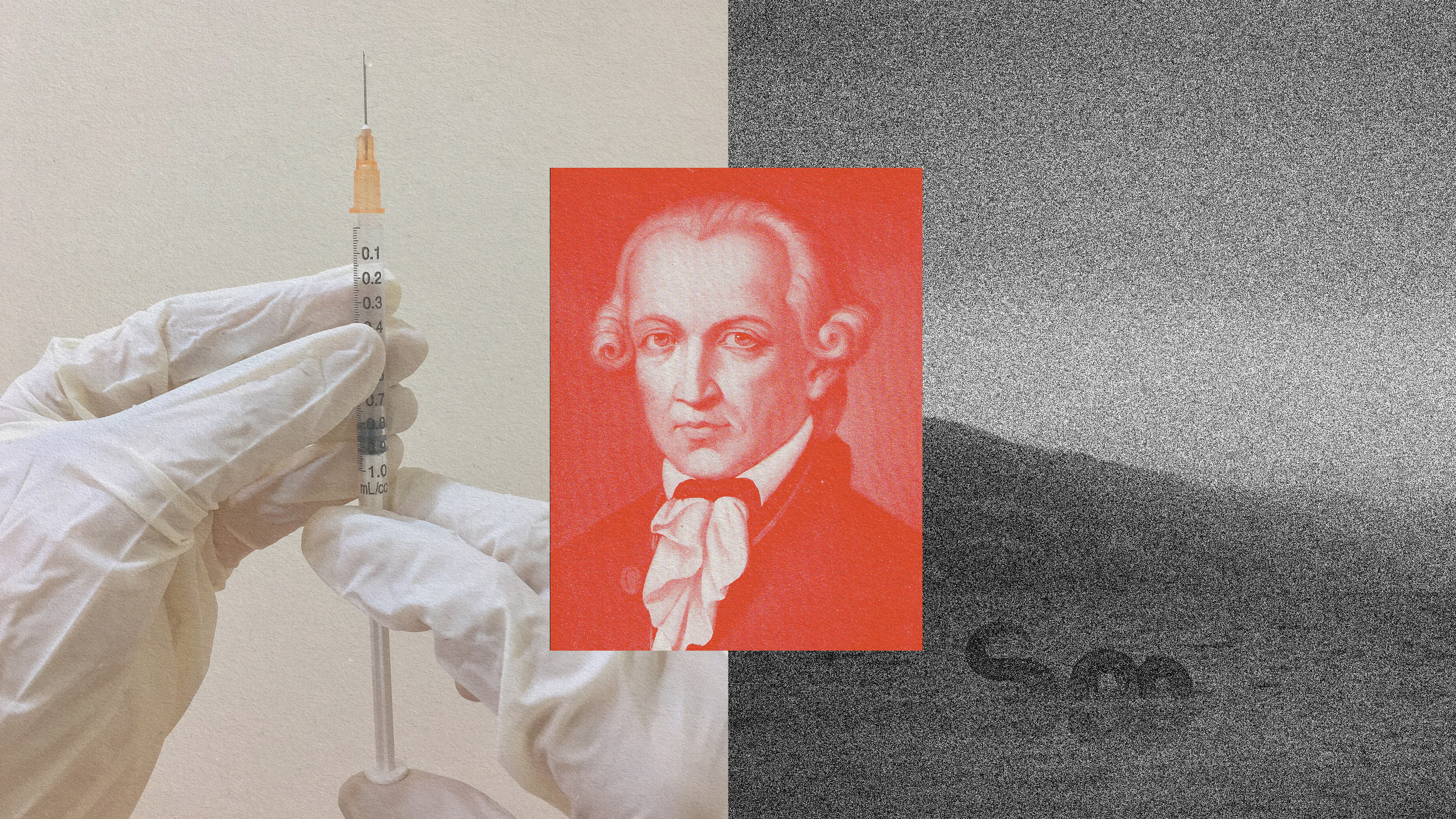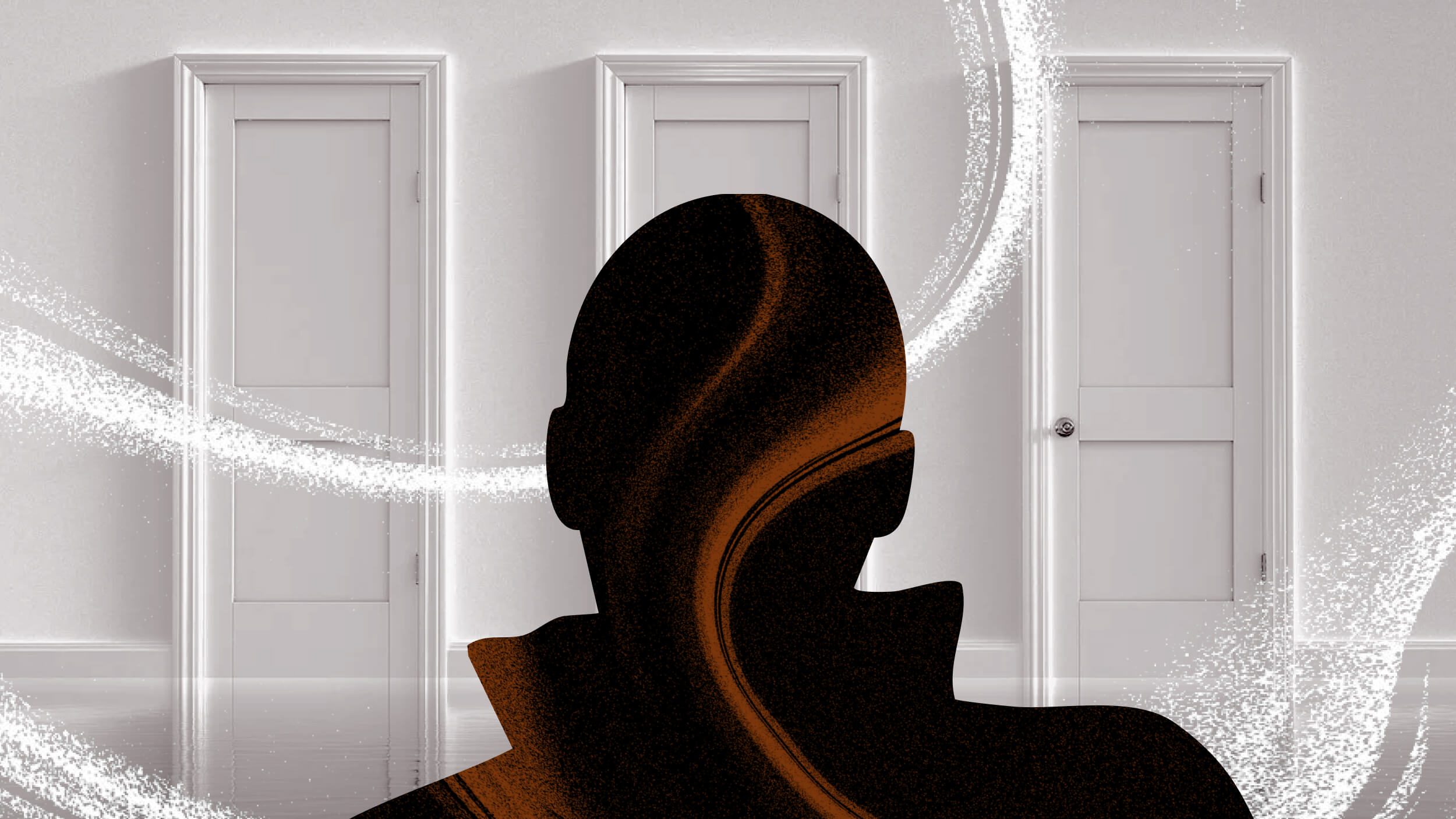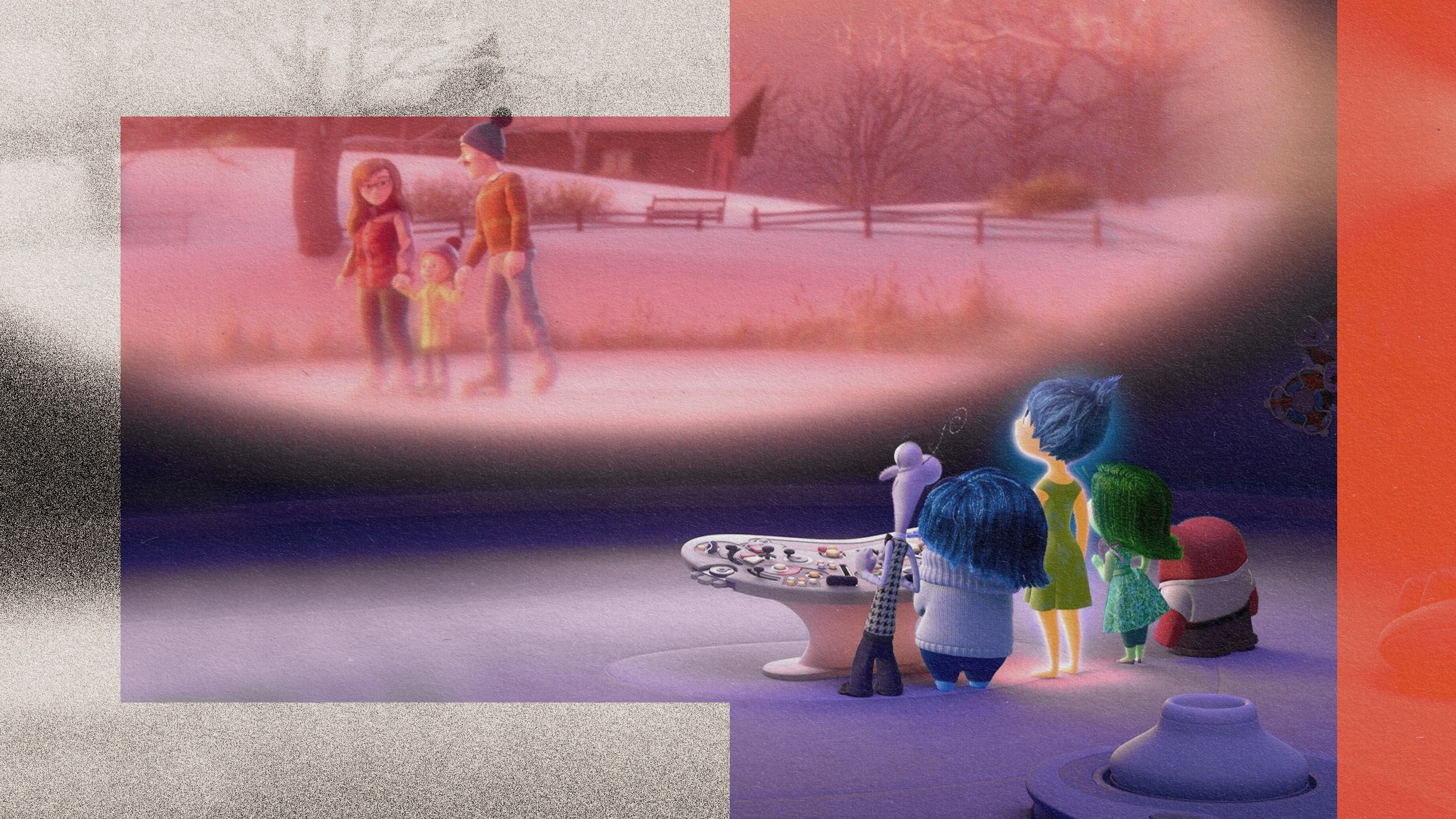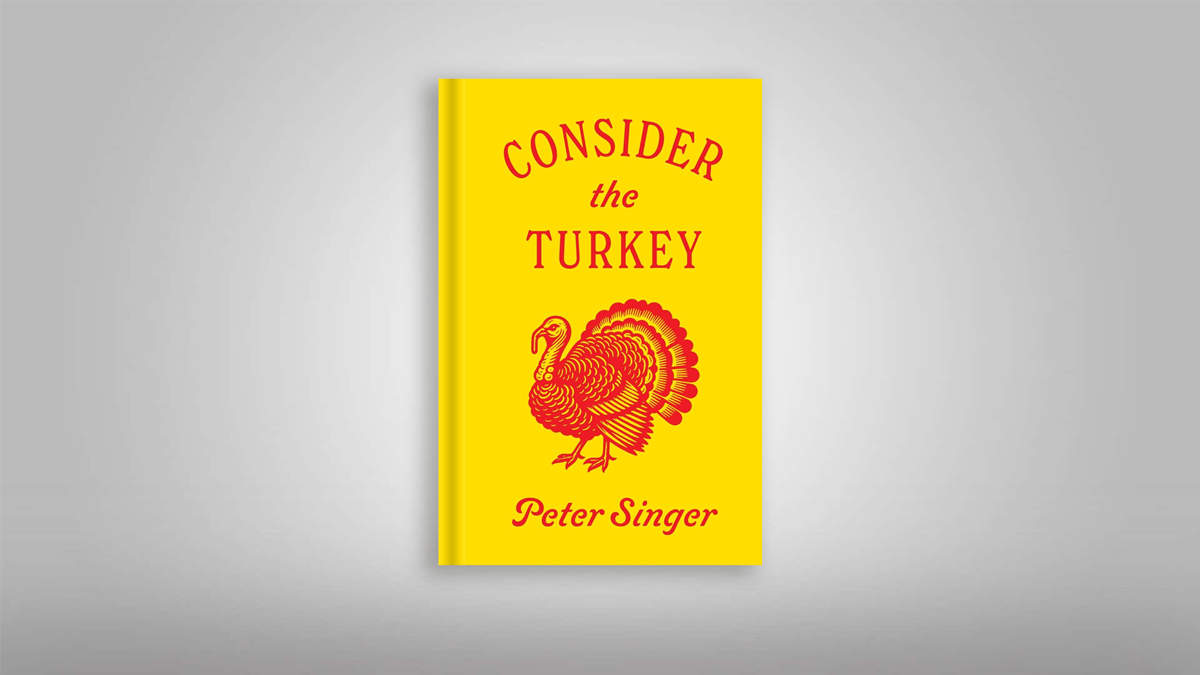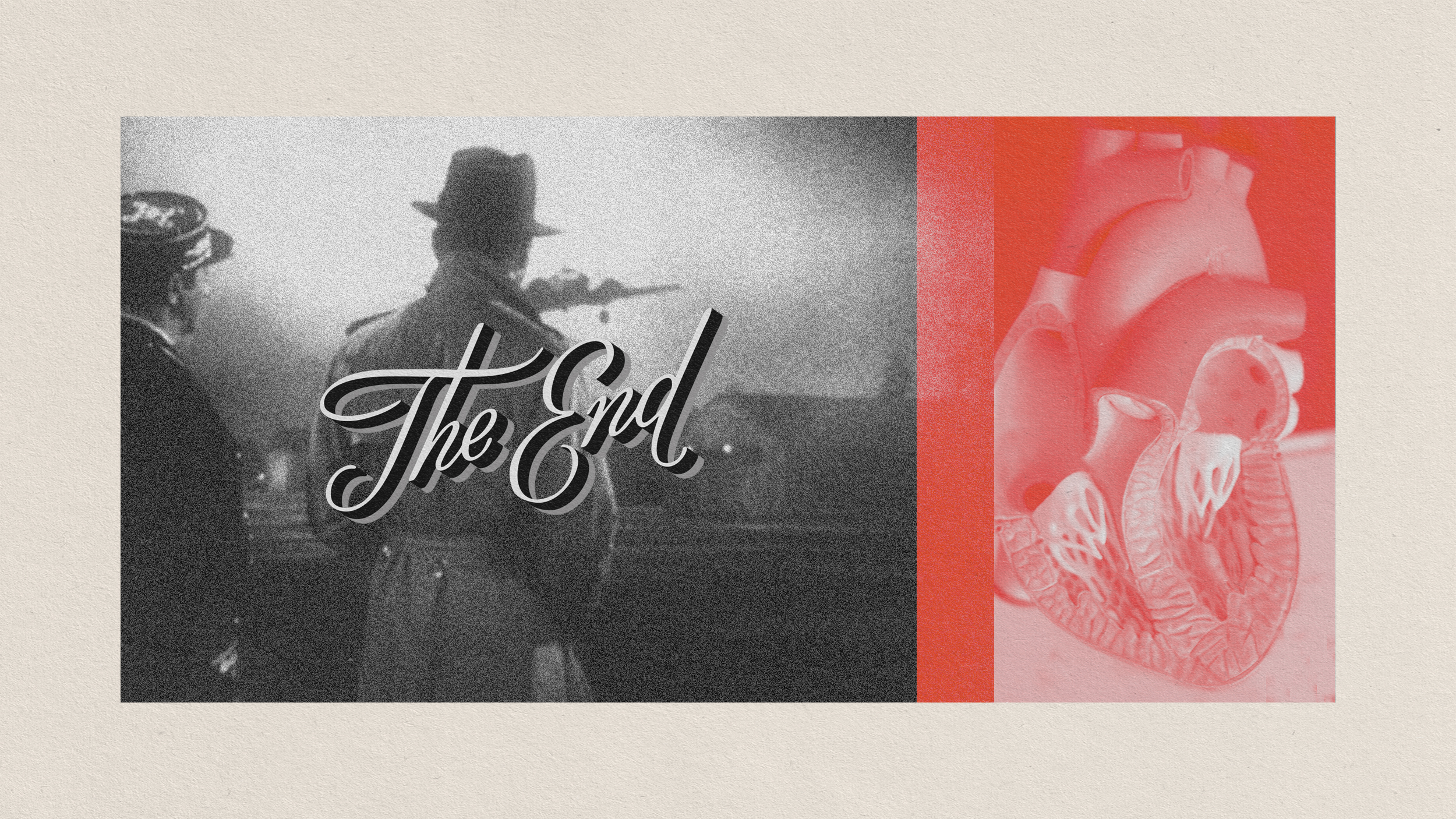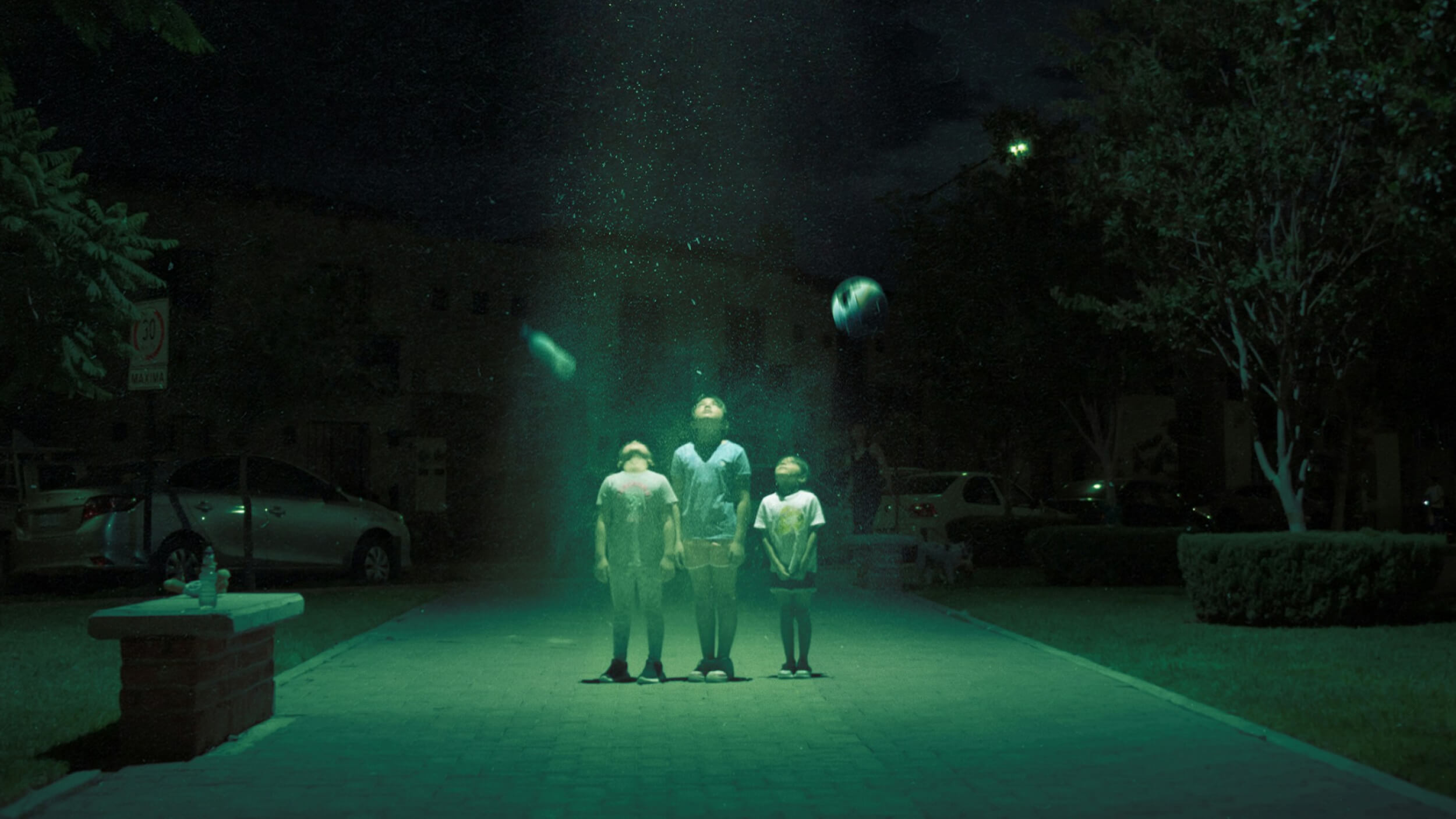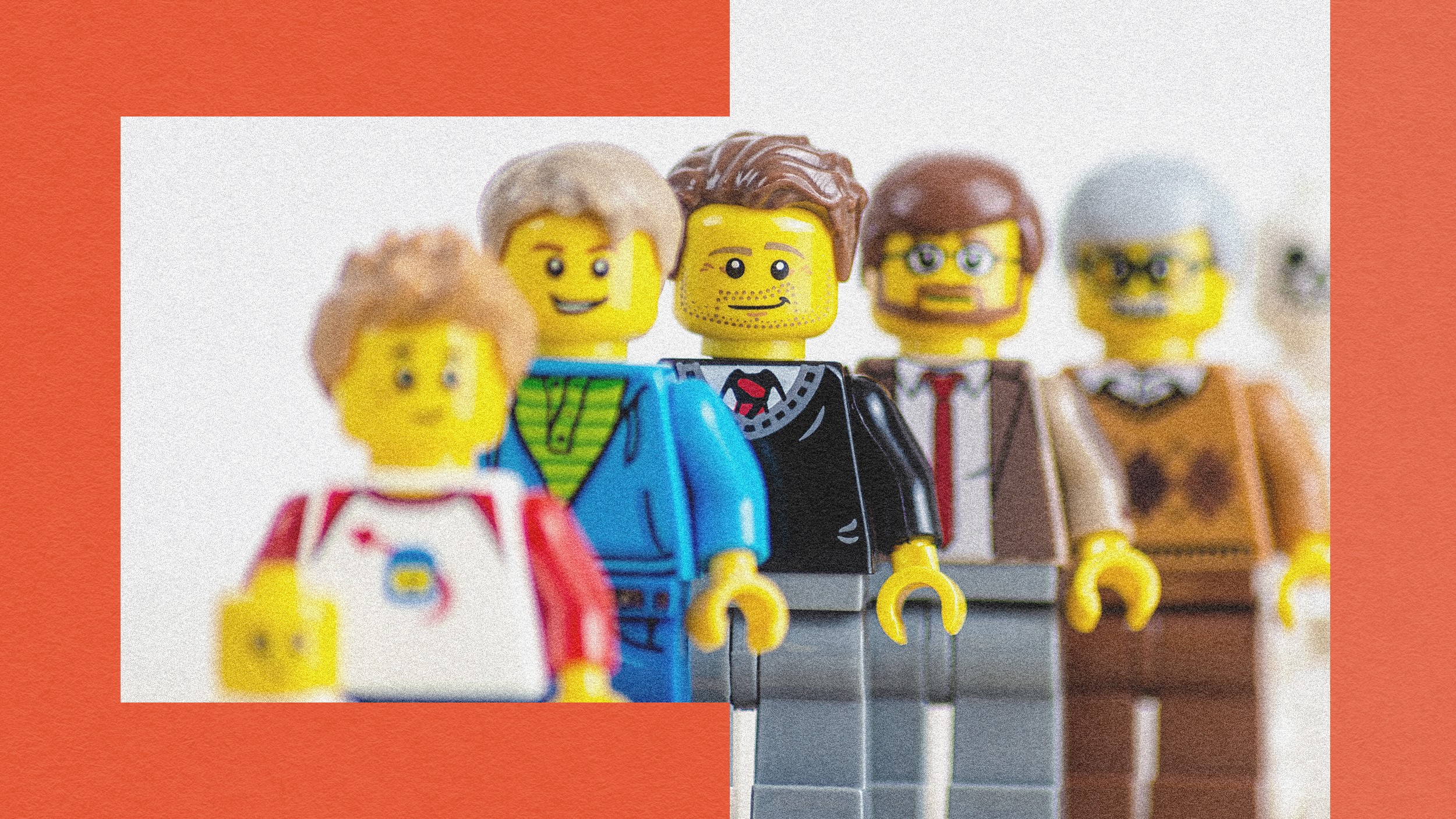Thinking
All Stories
Timothy Caulfield, a leading science communicator, discusses the challenges of combatting misinformation in an age of information overload.
We need to fully acknowledge problems, while vigorously pursuing solutions. Call it “solutionism.”
Sahil Bloom explores why wealth isn’t just about money, but about knowing which type of wealth matters most in each season of life.
If humanity lives in an otherwise barren Universe, we’ll have to forge philosophy that fills the void.
“Ultimately, the choice rests with each individual: whether to take the convenient route of allowing AI to handle our critical thinking, or to preserve this essential cognitive process for ourselves.”
An interview with renowned mythologist Martin Shaw about persona, presence, and how to spend life’s finite time.
Today’s philosophy students would be justified in asking, “What does any of this have to do with living?”
“I think it’s about time we stop allowing every male generation bang their frontal lobe through its most developmental stages.”
Pleasure, virtue, and doubt are necessary, but each is insufficient on its own.
Confronting your “absolute stupidity” is a sign you’re on course to learning something new and wonderful.
How black and white is your thinking?
Self-help often distills philosophical ideas for the modern ear. Sometimes, its better to go back to the source.
“We do not experience primarily because we have brains; we experience because we are alive.”
Just because you can’t experience it doesn’t mean it’s not real.
What if the barrier to a fulfilled life isn’t technology but culture?
“Could you create a god?” Nietzsche’s titular character asks in “Thus Spoke Zarathustra.”
Plato’s cave metaphor illustrates the cognitive trap of ignorance, where we may be unaware of the limitations of our understanding.
Will “Sausage Party” survive the test of time?
How many scientists does it take to ruin a good conspiracy?
Two great philosophies — but do they work better together?
All religions have three traits: metaphysical commitments, ethical guidance, and daily rituals or practices. So does Stoicism.
If you’re an atheist with a vocation, who laid that path for you?
While we’re busy wondering whether machines will ever become conscious, we rarely stop to ask: What happens to us?
“I have a friend who thinks vaccines cause autism,” writes Nina. “What can I do?”
In the 18th century, David Hume argued that we are only motivated to do good when our passions direct us to do so. Was he right?
There’s little more infuriating in the world than being told to “calm down” when you’re in the midst of a simmering grump.
Philosopher Peter Singer argues it’s time to examine a morally dubious practice.
How can “you” move on when the old “you” is gone?
Here’s the dark side of first contact.
Reading this article would be such a millennial thing to do.

